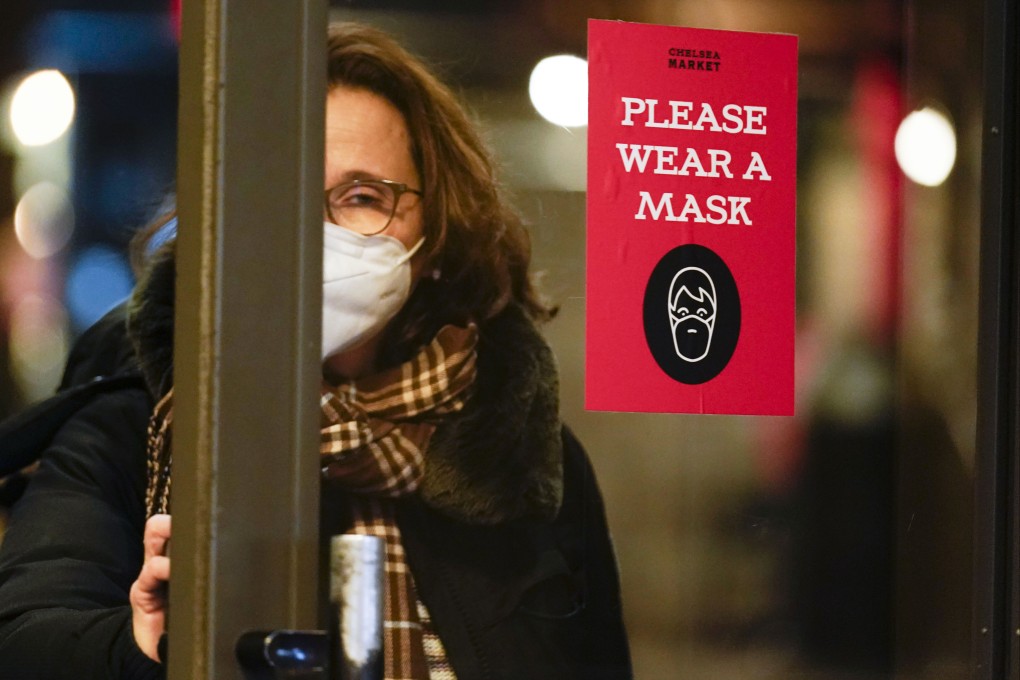Advertisement
Outside In | Elusive UN pandemic treaty points to dangerous Covid amnesia
- Eagerness to move on from the death and destruction of the pandemic is understandable but also risks keeping us from learning necessary lessons
- Failure to make urgently needed reforms would be a tragedy for which the world would pay a terrible price for a second time
Reading Time:4 minutes
Why you can trust SCMP
8

When Johns Hopkins University stopped its Covid tracker in March, the toll of Covid-19 cases stood at 676,609,955. Reported global deaths were frozen at 6,881,955. The World Health Organization (WHO) tracker is still active and reporting on average 24,000 formally recorded cases a day, with total cases now at 770 million and deaths at just under 7 million.
In short, Covid-19 remains alive and well, killing thousands of people daily despite a sort of “Covid amnesia” setting in among many communities worldwide as we try to rebuild our lives. Many cases and deaths go unrecorded now that testing has stopped, but the silent threat has been great enough for health authorities in countries such as the UK to ask people in vulnerable groups to get a booster vaccine.
This amnesia is perhaps natural as we come to terms with the grief and the loss both in lives and livelihoods. But this amnesia is also dangerous because it makes it harder to focus on the lessons we need to learn and increases the likelihood we will suffer similar tragic losses when the inevitable next pandemic sneaks up on us.
Advertisement
This concern is timely as global health officials gather next week in New York for the UN General Assembly’s High-Level Meeting on Pandemic Prevention, Preparedness and Response. This is the last formal gathering to thrash out the details of a globally enforceable pandemic treaty before the treaty draft is put before the WHO’s World Health Assembly in Geneva next May.
The process of creating a formal treaty to capture lessons learned, and make changes that might prevent a tragic repeat of the worst pandemic in over a century, began at a special World Health Assembly in 2021. It was driven by “recognition of the catastrophic failure of the international community in showing solidarity and equity in response” to Covid-19.
Advertisement
There was already some clarity and consensus on the lessons learned and the contents of a “to-do” list. First was the need for transparent cooperation on globally comprehensive surveillance, early warning systems and rapid information-sharing to ensure the fastest possible start in preventing spread.
Advertisement
Select Voice
Choose your listening speed
Get through articles 2x faster
1.25x
250 WPM
Slow
Average
Fast
1.25x
